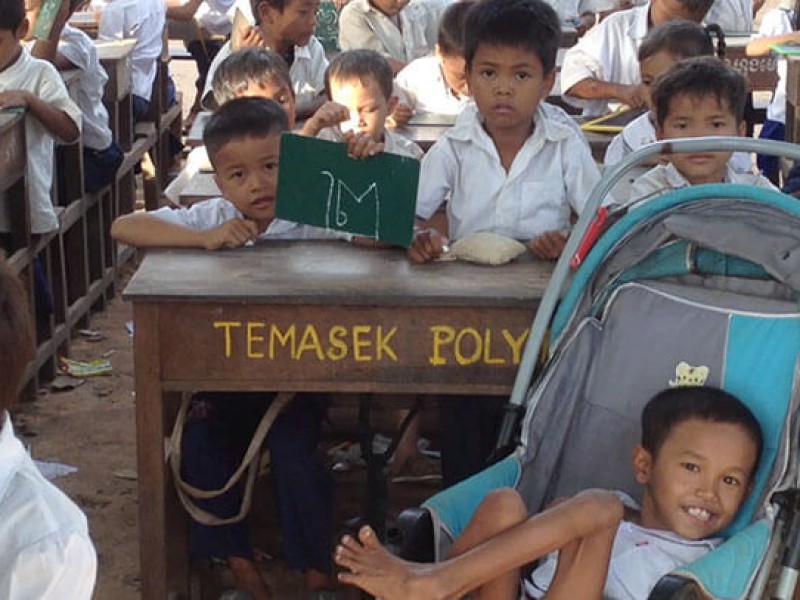Literacy For All

Today, nearly one in six people around the world cannot read or write
The world is in the grip of a crisis that has devastating impact on personal autonomy, economic security, job opportunities, levels of health, and the quality of democracy. This crisis is not in the headlines, is not new, and is not being tackled with the trillions that are dedicated to bank bailouts or to military spending. It is the fact around the world, almost one in six people over the age of 15 cannot read and write.
The impact is not evenly felt. Almost two thirds of non-literate people are women and globally, almost one in five women cannot read. In some countries, more than four out of five women cannot read and write. This is both a sign and a cause of women’s continuing marginalisation and poverty. There is also a regional dimension – just over two thirds of non-literate people in the world are in Asia and the Pacific. And these factors can overlap: barely half of adult women in south and west Asia can read or write.
What has (not) been done
In 2000, the world’s governments committed to an agenda for education that had been developed in agreement with education activists, teachers, student representatives and other citizens’ groups from all over the world. This agenda promised universal primary education for all, good quality primary education, and a huge reduction in the number of non-literate adults.
But despite some progress in raising literacy levels since the 1990s, there has, overall, been a failure to fulfil these commitments. Not only are there still 773.5 million adults who cannot read and write, but the often very poor quality of education being provided to children now means that the crisis will – on current trends – continue for future generations. Too often, children are being accepted into school, but are not learning even the most basic literacy and numeracy skills, let alone the more complex creative, social and analytical skills that are central to the right to education. Recent estimates suggest that of 650 million children of primary school age, 250 million are not acquiring even basic literacy and numeracy.
Literacy is crucial to personal well-being, to the development of communities and nations, to health, to personal autonomy and to political participation and governance. The right to education – still less the other rights to which education enables access – cannot be realised without addressing one of its most fundamental building blocks: the ability to read and write. While this is far from the sole aim of education, it is a necessary part of it.
What GCE is doing
Tackling the literacy crisis requires action on access to schooling, quality of schooling, and the provision of meaningful learning opportunities outside the formal school system. In 2012 and 2013, GCE is focusing on two factors that can improve the poor quality of schooling in many parts of the world:
- Teachers – the disastrous lack of trained teachers undermines education quality. Globally, another 1.7m primary school teachers are needed to provide universal primary education by 2015, and millions more need to be adequately trained. This was the subject of a report, Closing the Trained Teacher Gap in 2012, and is the focus of GCE’s Global Action Week in 2013.
- Mother tongue early grade materials – it is well known that teaching – and providing materials – in mother tongue languages makes a huge impact on the achievement of literacy and learning in the early grades of schooling. GCE will be working with member coalitions in 2013 to produce resources and tools to advocate for more mother tongue materials.


